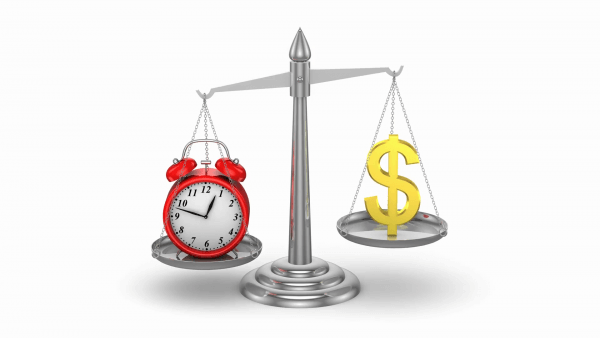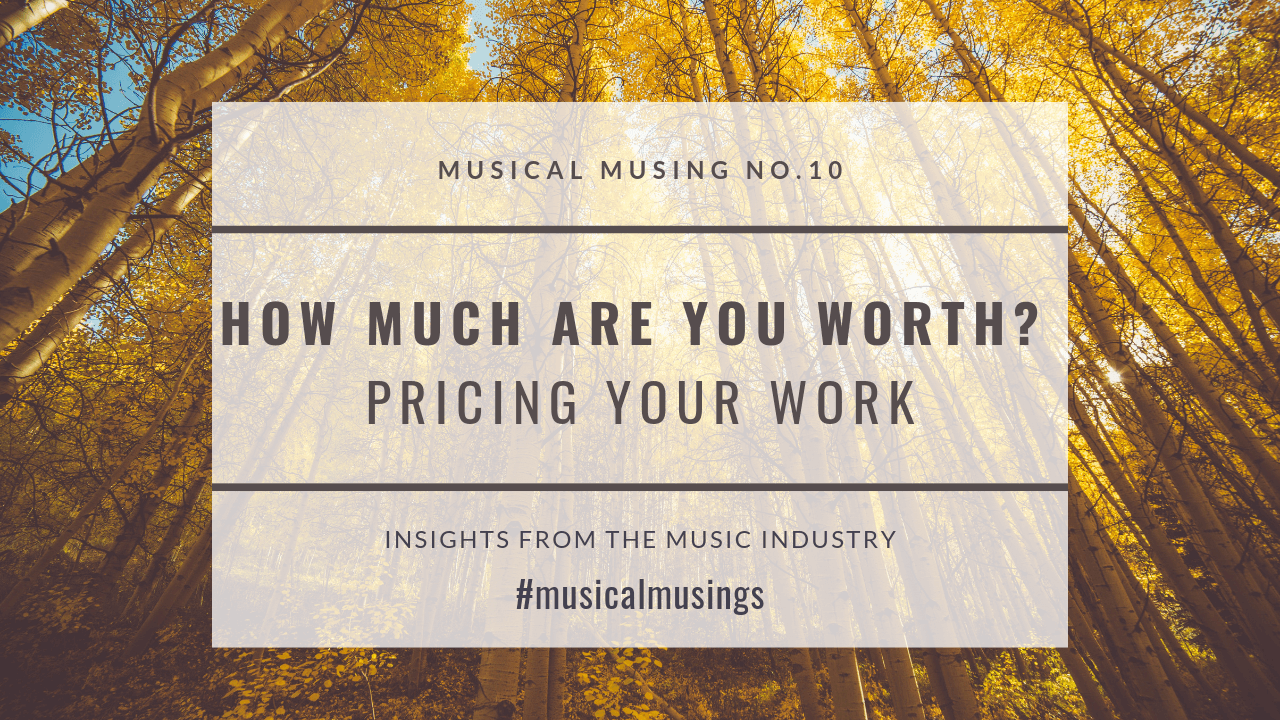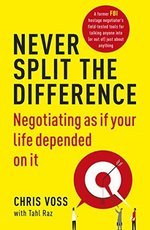How Much Are You Worth? Pricing as a Freelance Composer
Pricing as a freelance composer or producer can be tricky.
My first TV commission was for a documentary on Channel 4. I worked out that my hourly rate was about 23p. There was also the understanding that, because this was my first gig, if the music was shit, they wouldn’t use it… and I wouldn’t get paid.
I took the hit because it was an amazing opportunity and I had zero experience. It worked out really well and to this day, was one of my favourite TV gigs.
How much is your time worth?
This is essentially the question that we are are asking ourselves when pricing as a freelance composer or music producer
 But more than that, you are asking what your years of training, practice and dedication are worth.
But more than that, you are asking what your years of training, practice and dedication are worth.
To simply look at “time” ignores the fact that you might have studied piano for the last ten years of your life or spent tens of thousands of pounds on an education.
So going back to my first TV job, today I would do it very differently. But how I would do it today, is a product of all the jobs I’ve done since.
Today I would charge a lot more.
Partly because I’m better at what I do, but also there is less risk for the client in having someone with my experience composing for them.
Pricing High
A misconception is always that if you price high, you’ll be too expensive and people won’t hire you. However, when I hired someone to do some marketing for me, and they told me their day rate was £400, my first reaction was “Wow, they must be good.”
So why can’t people think that about you if you set your rate high?
If your rate is too high for someone, then you need to ask whether that person is actually your target audience.
Higher rates and limited availability, are generally indicators of someone being good at what they do.
As Seth Godin points out in “This is Marketing”, price is a story. So people will make assumptions about you based on how much you charge.
Working for Free?
Working for free when you are starting out is a way to get work, create a showreel and generate contacts. But there is also the risk that you become known as the person who will do things for free.
People will generally exploit free labour for as long as they can. And Christian Henson reckons that when they have a budget, they’ll go to the person that they couldn’t previously afford.
I generally don’t subscribe to that because if I have blown them away and developed a strong relationship then going elsewhere should be unthinkable. If in spite of that they go elsewhere, then again, I have to ask whether they are the sort of client that I want to work with.
Working for Free When Starting Out
When you are starting out, it’s the old chicken and egg problem. How do you win the job without experience and how do you get the experience if you can’t get the job.
For that reason, I think it’s good practice to take a hit on the first few jobs in order to get the experience. Those credits will give you the credibility you need to charge more for subsequent jobs.
I priced low to begin with and I always went above and beyond. Then once I had proven myself and developed a relationship, I increased my rate, which is not always easy to do.
If someone values you and your work then they shouldn’t have a problem with paying you fairly. If they do have a problem with it, then you need to ask whether you want to work with a client like that.
How to: Pricing as a Freelance Composer
I’m conscious that up to now I’ve not offered any real concrete steps to follow when pricing as a freelance composer or music producer. I’m intentionally avoiding this as there are no hard and fast rules. All I can offer is my own approach.
I tend to price the project, rather than using a day rate. However, I use a day rate as a metric to gauge whether or not I’m earning what I feel I’m worth. So if it will take me one day and I think I’m worth £500 per day, the project costs £500.
If it takes five days I wouldn’t necessarily charge £2,500. I might build in some economies of scale to recognise the fact that someone is booking my time in bulk.
I’m also going to factor in elements such as the value to the business.
If an agency want bespoke music for a promotional film that could make them millions of pounds, my rate will reflect that. Conversely, if I’m working for a charity, I will adjust my rate accordingly.
Sometimes the easiest question to ask is what a client’s budget is. If a client understands how much money they are prepared to put towards a project, you can then decide what’s possible for that fee.
Negotiating Tactics
One piece of advice is always price high. Not to the point of being ridiculous but within reason. I’ve never had a potential client negotiate up but they will have no problem negotiating down. So if you want £2,500 for a project, cost it at £3,000. If you’re lucky you might be able to negotiate somewhere between the two.
An alternative approach is to give a client a range. So tell them it will cost between £3,000 and £5,000. The client will view £3,000 as the best price and will look to negotiate that.
If you are looking for a great read on negotiation I highly recommend Never Split The Difference by Chris Voss
Happy Freelancing
About Me: I’m a freelance music producer and composer. I write production music for the likes of Universal, BMG and ASX. I’ve also been commissioned by the BBC, Channel 4 and Sky 1 to write music for TV



